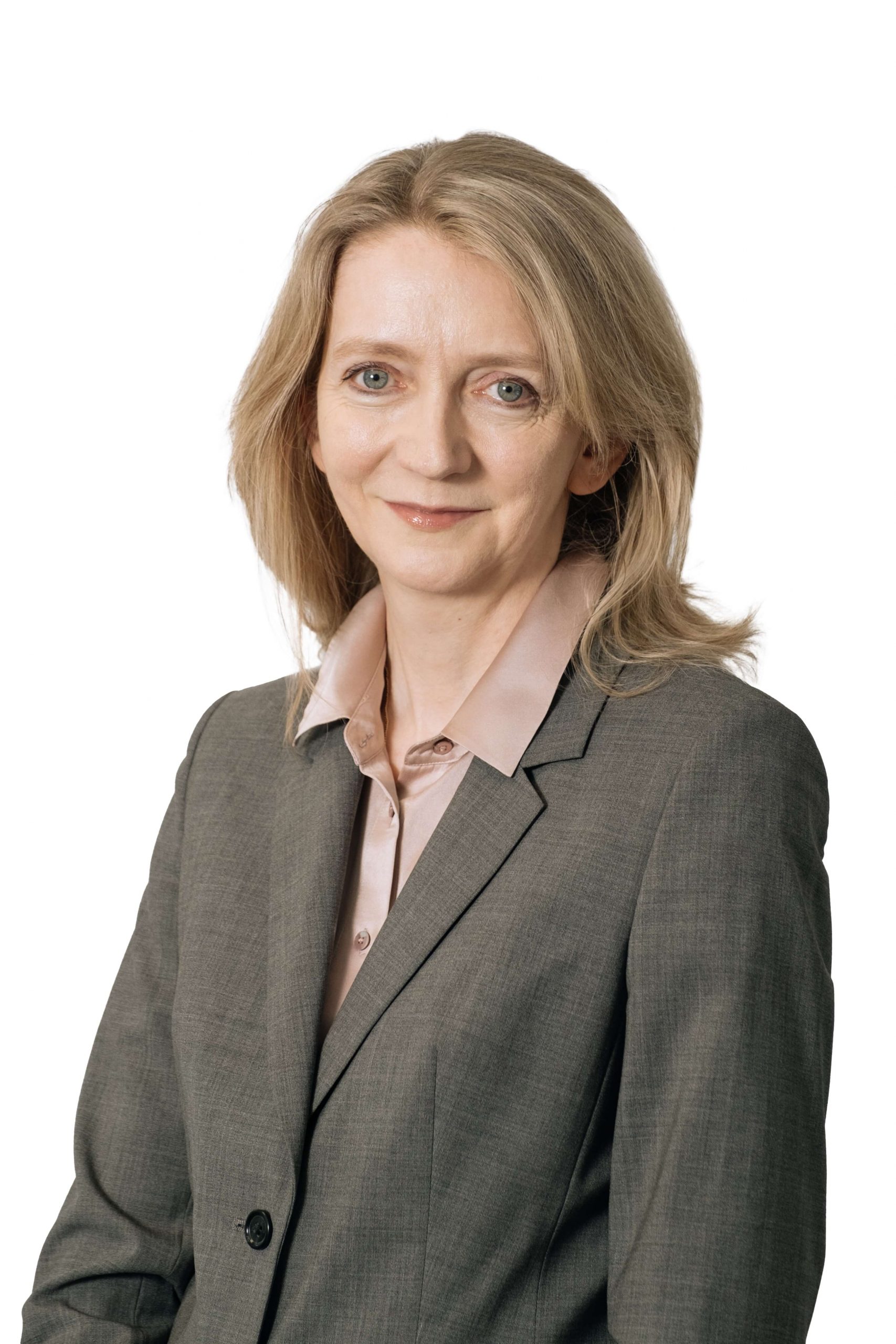Recently, quantum computing company IonQ has been in the news as it is predicted to become the first publicly traded pure play quantum computing company.
Quantum Computing Inc, which is focused on software for quantum computers is already available on the OTC (Over the Counter) platform. However, if IonQ’s plans succeed, its shares will be traded on the NASDAQ.
Quantum technology has already been used to attract investment from the general public. There is a Quantum ETF “QTUM” which was launched in September 2018. However, the QTUM ETF is not solely quantum. Many well established electronic giants are listed as part of the QTUM ETF. Some of these are known to have large departments actively involved in quantum research, but others on the list do not publicly advertise their interest in the quantum area.
IonQ’s path to a public listing is via a merger with the SPAC, dMY Technology Group III.
A Special Purpose Acquisition Company (SPAC) is a listed company which is formed purely to raise capital through an IPO for the purpose of acquiring an existing company. IonQ and dMY Technology Group III have entered into a definitive merger agreement. The merger will be completed once it has been approved by the stockholders of dMY III and the Securities and Exchange Commission and this will then see shares in the name of IonQ on the NASDAQ.
When the merger goes ahead, IonQ will receive $650 million. $350 million of this amount is from a group of investors, which in addition to investment funds include automotive companies such as Hyundai and Kia. The remaining $300 million is from dMY Technology Group III’s trust account. IonQ uses trapped ion qubit technology for its quantum computers as opposed to superconducting qubit technology or quantum annealing. Superconducting qubit technology is used by Google, IBM and many others in the quantum computing field and so IonQ’s technology stands a little bit apart from some of the key players. IonQ plan to develop modular quantum computers which will be small enough to be networked together in a data centre by 2023. However, IonQ has already developed what it claims is the “World’s most powerful quantum computer” with 32 qubits. Access to this computer is available via the Amazon Bracket web service and also Microsoft Azure and this is providing a revenue stream for IonQ.
IonQ are a hardware company and have taken steps to ensure that they protect their technology.
They claim to have filed 61 patents to date, and their growth plans indicate that they intend to file 250 patents by 2025. A search of the ESPACE patent search system which is operated by the European Patent Office shows that many of their patent applications that were filed up to and including 2019 are jointly owned with Duke University or the University of Maryland and sometimes both.
The 1990s saw the internet develop and companies able to harness the power of the internet. There was a rush of internet companies to the stock markets which led to the dot.com boom of the 1990s and early 2000s. As quantum computing is heralding a new age, will IonQ be the first of a dot.quantum boom? In some ways, there are many parallels in that the technology is truly groundbreaking and has the ability to touch the life of everyone on the planet. Also, Covid-19 has seen many well established companies shaken and forced to change, this uncertainty in the established order might make a new technology an even more desirable investment prospect. Only time will tell….
The author of this article is a European Patent Attorney and a Chartered Patent Attorney. Nothing in this article should be considered as an attempt to give financial or investment advice.


